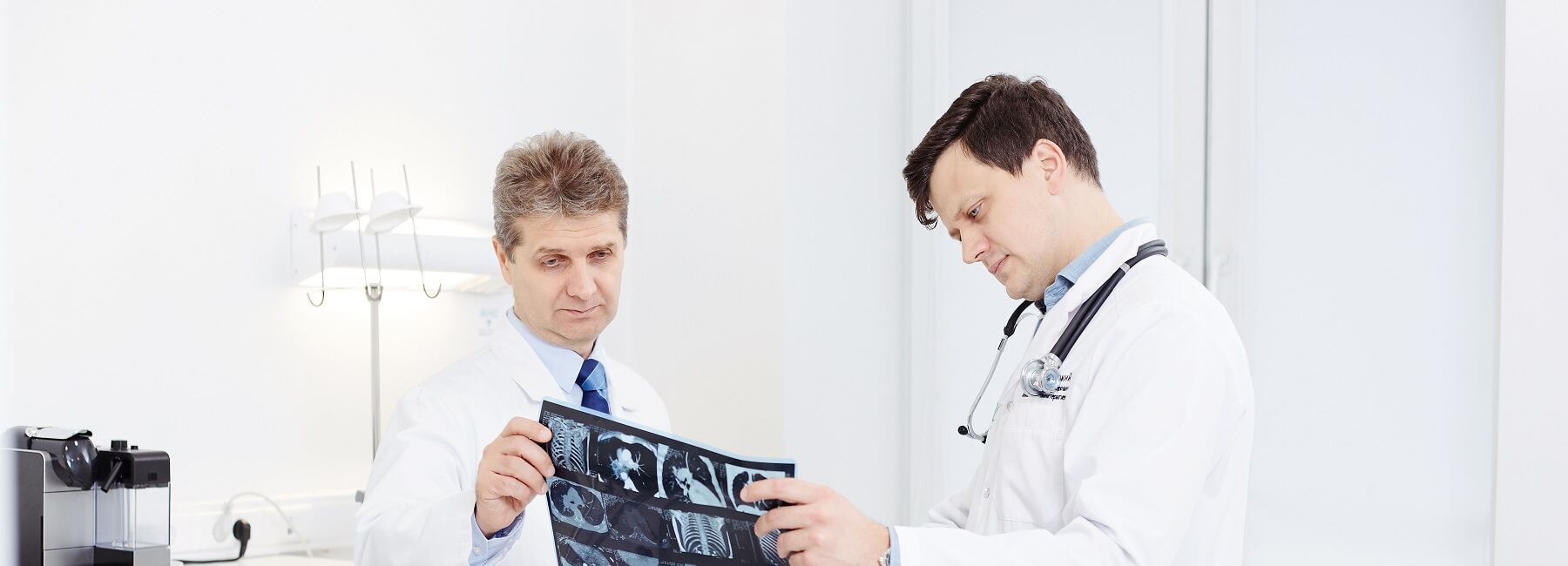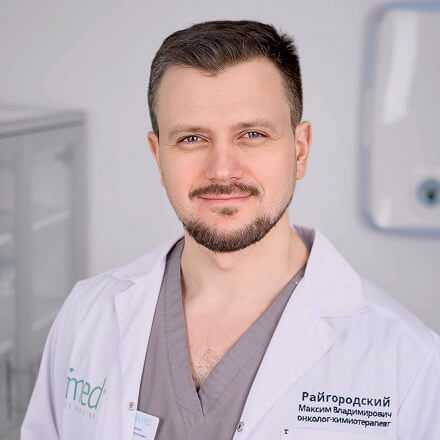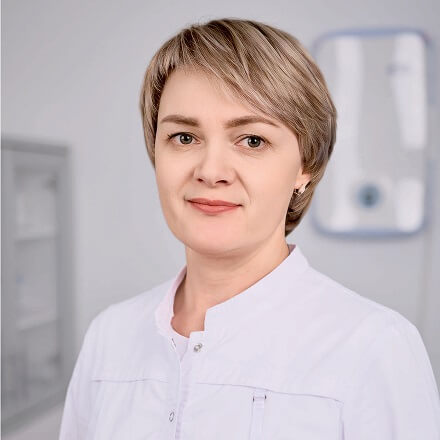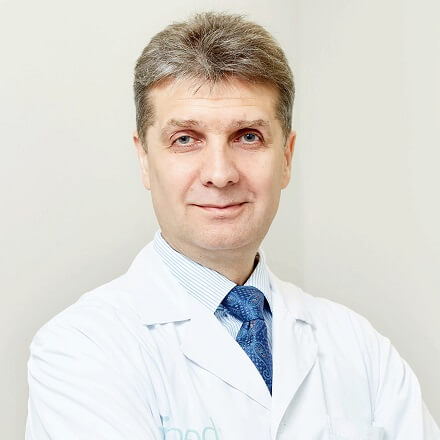An oncologist is a physician specializing in the diagnosis, treatment, and prevention of neoplasms (malignant and benign). They also study the mechanisms of their development and causes, and conduct treatment or prevention. Clinically, a tumor represents a source of abnormal tissue growth in various organs and tissues of the human body.
Benign tumors develop very slowly and can exist in the human body for a long time. As the tumor grows, it pushes aside other tissues where it developed. The histological structure of the tumor is very similar to the tissue in which it developed. Therefore, they are named after the tissue itself (bone tissue - osteoma, muscle tissue - myoma, fatty tissue - lipoma, etc.). To completely cure the patient, it is necessary to remove the benign tumor along with its capsule. Benign tumors do not tend to recur.
Malignant tumors do not resemble the tissues from which they are formed, as they consist of immature cells that lead to complete loss of the ability to control their division and differentiation (the degree of cell development). Tumors are classified based on the degree of differentiation into highly, moderately, poorly, and undifferentiated tumors. Sometimes, due to a low level of differentiation of cells, a tumor can become so atypical and unrecognizable that it becomes impossible to determine the source from which it arose. Even histological examination does not always provide the possibility to determine the tissue-source of such a tumor. Clinical manifestations of a malignant tumor are quite diverse. Such neoplasms are prone to focal growth and penetration into surrounding tissues and organs. This process is called metastasis.
Malignant tumors often recur and require a special individual approach and the use of aggressive therapy methods. In the presence of metastases in distant organs, the prognosis is generally unfavorable.
Thus, the most important difference between benign and malignant formations lies in their impact on the body. Benign tumors manifest themselves locally: they cause a number of inconveniences, cause a feeling of discomfort, and can compress nearby nerves, vessels, and surrounding organs.
Malignant tumors, in the first place, manifest themselves systemically. This occurs because malignant neoplasms cause cancer intoxication (poisoning). This happens for two reasons: firstly, rapidly multiplying tumor cells require nutrients, which they actively consume, while healthy body tissues begin to "starve". The second reason is the decay of the tumor due to a lack of its blood supply, as blood vessels simply do not grow at the same rate as the development of pathological cells. The products of decay poison the human body.
All these factors undoubtedly deplete the body, causing inflammatory processes. Hence, the symptoms of a malignant tumor: weakness, lethargy, general malaise, increased body temperature. Due to reduced immunity, the patient becomes more vulnerable to various infections.
Most often, the clinical picture of most oncopathologies in the early stages is not very informative. An exception is melanoma - skin cancer, formed from pigment cells. A neoplasm in the form of a mole has the following characteristics: it grows rapidly, changes shape and color. During regular professional examination, such changes can be easily detected and timely treatment can be started. In other forms of cancer, the first symptoms do not fully manifest themselves, remaining indistinct until the grown tumor interferes with the functioning of certain organs.
At the EVIMED clinic, Oleg Alexandrovich Gladkov, an oncologist, chemotherapist, Doctor of Medical Sciences, Honored Physician of the Russian Federation, and member of the RUSSCO board, conducts consultations. In 1997, O. A. Gladkov defended his candidate's dissertation, and in 2010 – his doctoral dissertation.
Oleg Alexandrovich is a leading specialist in the field of medicinal treatment of malignant neoplasms, author of more than 110 publications, and has repeatedly presented the results of research at international and Russian conferences, symposiums, and congresses.
He has visited major European clinics multiple times and made a significant contribution to the study of new effective antitumor drugs. Under his direct participation and leadership, about 120 clinical trials have been conducted, and new classes of antitumor drugs have been introduced into clinical practice. He is currently actively involved in organizing and conducting international and domestic clinical studies in the field of drug treatment of patients with various oncological diseases. The results of these studies are published in prestigious foreign and domestic medical journals. He actively participates in the development of Russian clinical and practical recommendations for the treatment of malignant tumors by the Ministry of Health of the Russian Federation and RUSSCO.
At the EVIMED clinic, we guarantee a comprehensive and individual approach to each patient. In our work, we focus on the best world practices and treat each patient as a member of the family.




